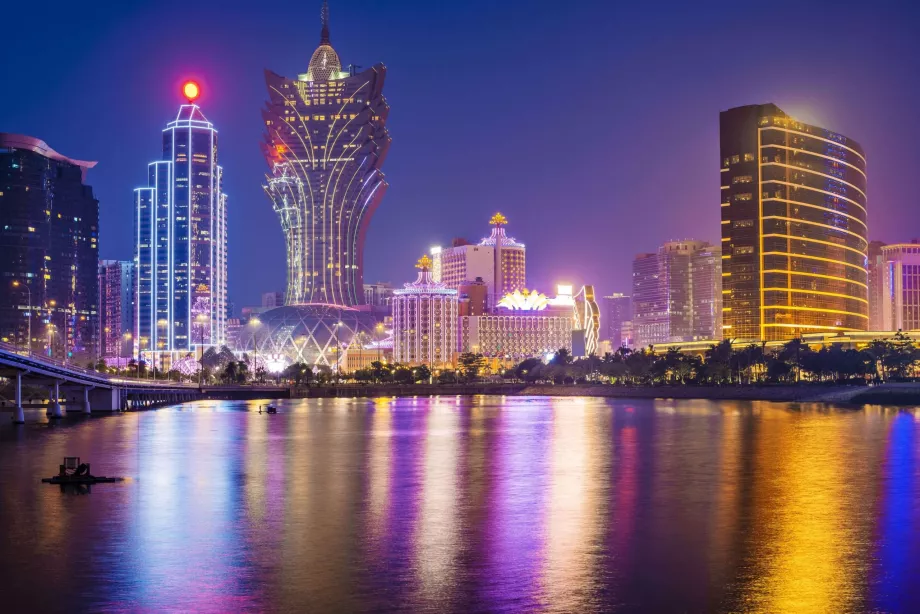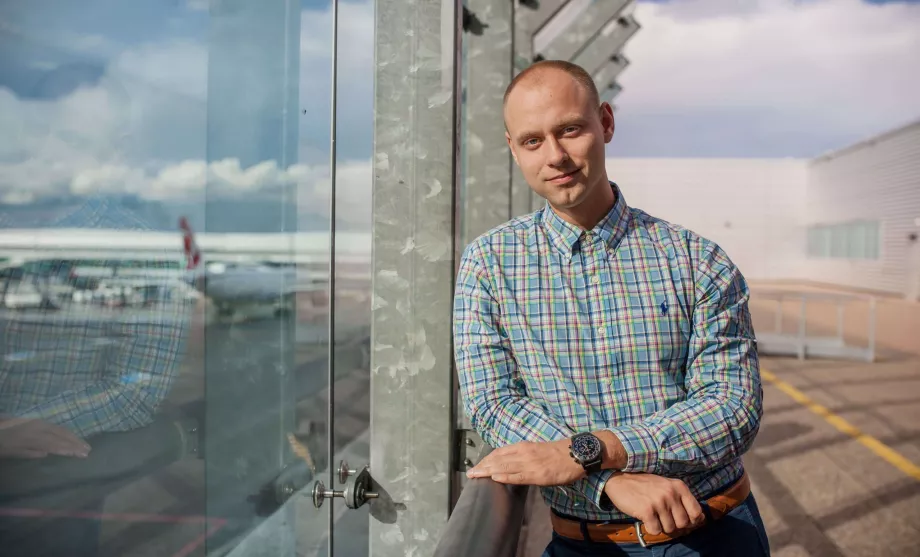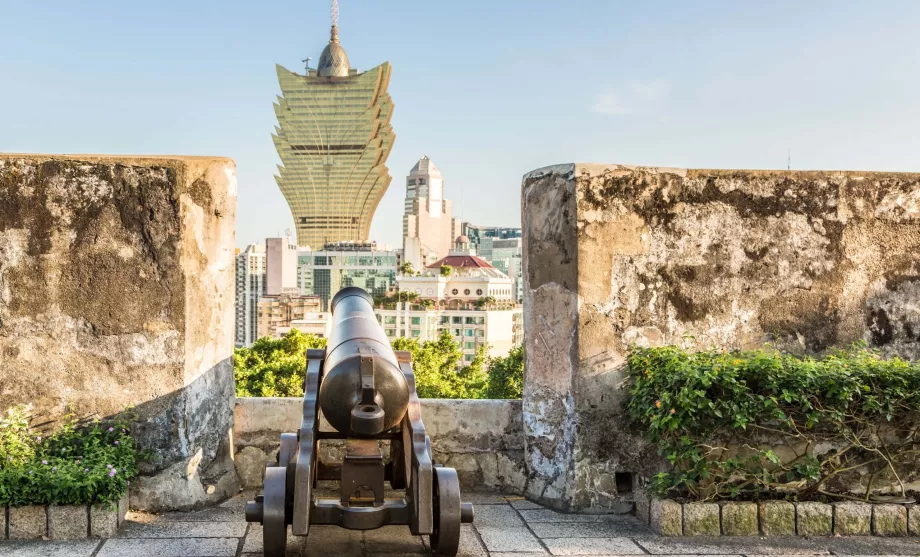Culture and history of Macau

How easy is it to speak English in Macau? What are the locals like and when are the shops closed in Macau?
Choose a hotel with a view of Macau
Language
The official languages are Portuguese and Cantonese Chinese.
Cantonese is the first language for 89% of the population. Portuguese is the mother tongue for only 1.5% of the population, and only 2% of Macanese can speak Portuguese. Thus, due to immigration, many more people in Macau speak, for example, Filipino than Portuguese.
However, in all public and official places there are always signs in both Chinese and Portuguese without exception. All public announcements (such as bus stops) are also in both Chinese and Portuguese.
English is significantly better spoken in Macau than in mainland China. In hotels or casinos you will have no problem with English.
Employees in other services such as supermarkets and restaurants can also speak at least basic English. However, a surprising number of taxi drivers don't speak English at all and it's always a good idea to have a map of your destination ready on your mobile phone when taking a taxi.
People
Macau has the highest population density in the world. There are 20,300 inhabitants per square kilometre. In total, approximately 700,000 people are permanent residents of Macau.
In terms of the ethnic composition of the population, Chinese dominate with 89%, followed by Filipinos with 4%, Vietnamese with 2.5% and Portuguese with 1.8%.
The population has been steadily growing mainly due to Chinese immigrants from the mainland, as Macau's highly developed tourism services mean that wages are significantly higher than in mainland China.
Life expectancy in Macau is the fourth highest in the world.
Religion and belief
Faith does not have a strong presence in Macau.
Roughly 80% of the population adheres to Buddhism, 7% to Christianity, and the rest is evenly spread among other religions.
However, there are many times fewer actual practising Buddhists or Christians than declared.
Holidays
The most significant is Chinese New Year - cities hold a large parade each year to celebrate the New Year, complete with fireworks.
During this period, the city is literally packed to bursting with mainland Chinese tourists, for whom the New Year is one of the few extended periods of time off.
Shops and tourist services remain open on all holidays, including Sundays.
On the contrary, public transport even runs more frequently on weekends, at least on busy tourist routes.
History in a nutshell
In the 16th century, China allowed the Portuguese to establish a colony in what is now Macau.
The Portuguese were the first European nation to be granted such a privilege. They took full advantage of their opportunity and made Macau their gateway to the whole of China, and Macau became a centre for trade, where Chinese goods were bought and could go on to Europe.
In the first half of the 19th century, the British established Hong Kong and Macau's importance as a place of trade began to decline. However, the territory remained under Portuguese administration and they continued to perform mainly in the cultural sphere.
China began to claim the territory of Macau after the Communists came to power. In the second half of the 20th century, after various problems in Macau (strikes), the Portuguese decided to give up the territory to China and negotiations culminated in 1987 when a treaty was signed to make Macau a special administrative region within (SAR) China.
The Portuguese left the territory after 400 years and in 1999 Macau became part of China, which promised that a 1 country, 2 systems system (similar to Hong Kong) would allow Macau to retain its original system of government.
Tourism
Tourism is the most important area of the economy. More than 60 percent of GDP is made up of tourism and gambling.
Macau presents a unique blend of architecture (Christian churches and narrow picturesque streets on the peninsula contrast with the glitzy glass hotels on the islands), gastronomy (food influenced by 400 years of Portuguese rule), entertainment and gambling (casinos, cultural events, attractions).
Services for tourists such as hotels, shopping malls or transport are of a very high standard and Macau is one of the most developed regions in the world in this respect.
Any questions left?
If you have any questions or comments about the article...


